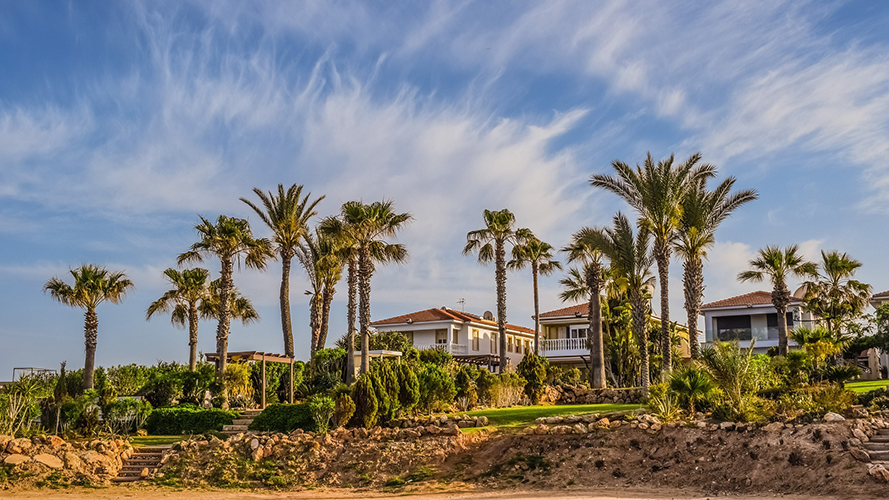Contents
They are commonly called scam artists. The people so skilled in the trade of deception that thousands of innocents every year gladly wire over their savings, just to have their vacation dreams turn into a nightmare. No matter how many articles are written on the topic and public warnings are sent out, it’s still happening.

A Growing Trust Problem for the Industry
According to the American Hotel and Lodging Association, 15 million scam reservations were made last year, costing Americans over a billion dollars. Lee County Sheriff’s office in Florida, USA, told Conde Nast Travel earlier this year, “If we investigated every case we hear about down here, we would have to put all 75 officers on it full time”
The public, as well as police authorities worldwide, are beginning to lose their patience. General tips more commonly include advice like “don’t ever book rentals over classifieds sites,” “only go via authorized travel agencies,” or “never pay by any other means than credit cards and never more than a month in advance.” At the same time, vacation rentals are hugely popular, and marketplaces that are providing this service have access to a potential gold mine. You probably don’t want to miss out on that opportunity, but how can you guarantee the integrity of your site and the safety for your users?
The answer to this might not come as a surprise: Moderate. Meticulously. If all sites commit to diligent moderation of holiday rentals, we can jointly build trust again, and the industry can continue flourishing.
10 Actions to Reduce Vacation Accommodation Scams
- Prepare your moderation teams for the upcoming season with a training session where you discuss common patterns, show previous examples, and exchange experiences from previous years. You then need to set up processes for continuous learning, as scammers are very good at refining their methods. More on this topic can be read in: How we build moderation teams to deliver success.
- Check new profiles that have been created up to two months before the holiday season. Scammers have set up new accounts several months in advance to make them look more legitimate.
- The old golden old rule still applies: If it looks too good to be true, it probably is. Create a database of rental market prices in popular vacation destinations and make it available to your teams. Anything below 75% of that price should definitely ring a warning bell.
- Look at the availability or booking calendar: If the rental seems free for the whole summer, it’s very likely fake.
- Look for the following popular features that are often included in scam listings: Sauna/hammam/jacuzzi, Pool, Sea view, TV in all rooms, Internet included
- Be aware that photos almost always look very professional. This is because they are likely “stolen” from other professional agencies in other parts of the world.
- Search for the address on google maps/earth. Does the house actually exist where it is supposed to? The photos might just as well be of a house from the other side of the globe.
- Notice weird email addresses: Like in most common scams, very complicated email addresses are a hot warning sign. Google it, and you might find other ads on the internet from the same sender.
- Advance payment and payments through money wire services like Western Union should always make you suspicious.
- Last but not least: Always evaluate the big picture; many small warning signals create a big red flag, and the post should be removed immediately.
Related articles
See allSee all articlesThis is Besedo
Global, full-service leader in content moderation
We provide automated and manual moderation for online marketplaces, online dating, sharing economy, gaming, communities and social media.
